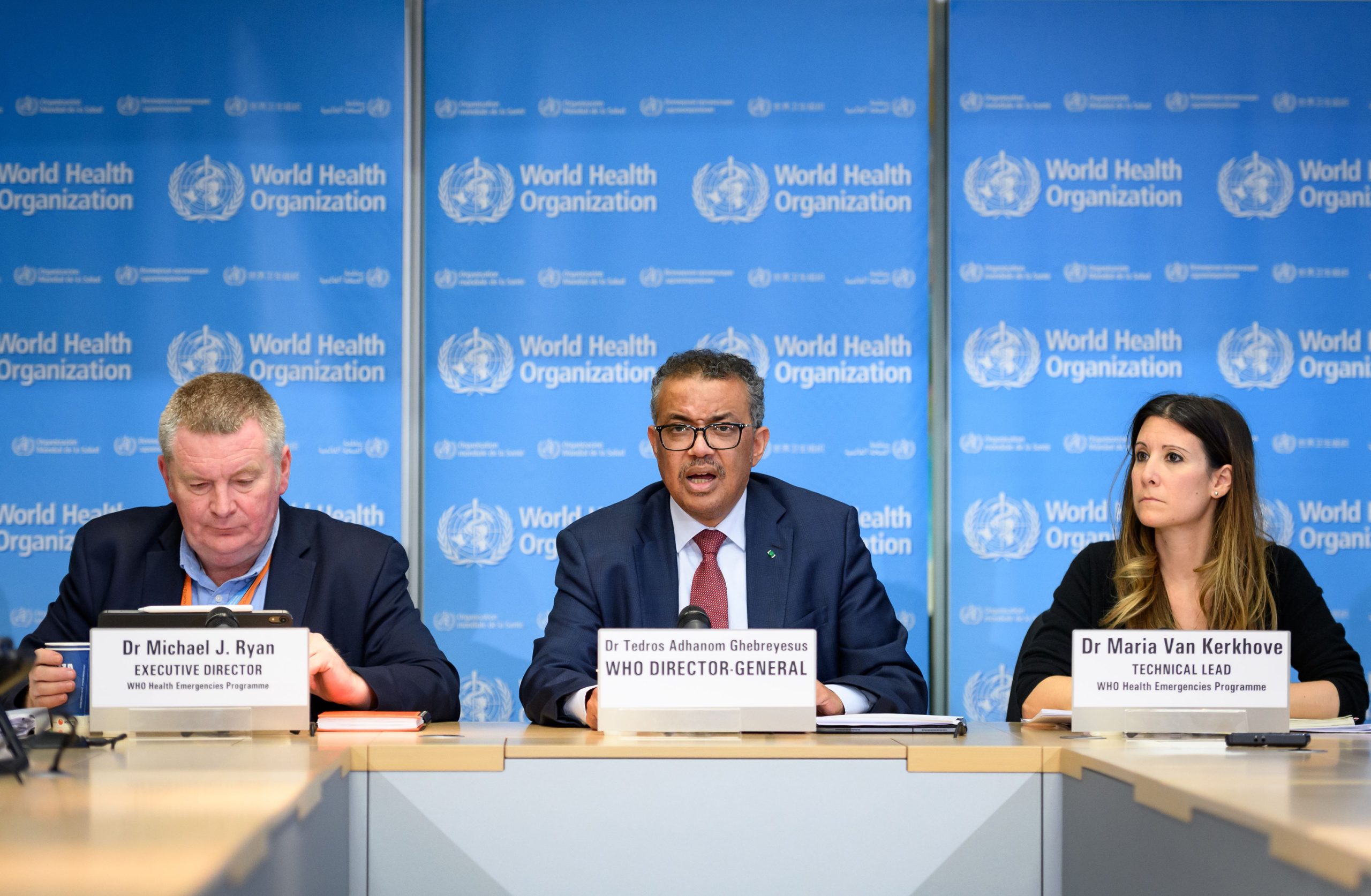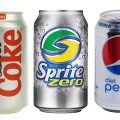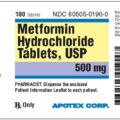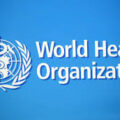
In an upcoming meeting of the International Agency for Research on Cancer, a division of the World Health Organization (WHO), the artificial sweetener aspartame is expected to be classified as a possible carcinogen, indicating its potential to cause cancer. This significant development has been reported by multiple media sources, with Reuters citing two undisclosed insiders familiar with the process. Aspartame is widely used around the world as a sweetener and is approximately 200 times sweeter than sugar.
Initially approved by the U.S. Food and Drug Administration (FDA) in 1974, aspartame found its way into various consumer products such as tabletop sweeteners, chewing gum, cold breakfast cereals, instant coffee, gelatins, puddings, fillings, and dairy products. It is worth noting that up to 95% of carbonated soft drinks containing sweeteners utilize aspartame, and consumers frequently add it to their beverages using the distinctive blue packet found on restaurant and diner tables, as highlighted by The Washington Post.
The WHO currently maintains a list of agents known to be carcinogenic to humans, consisting of 126 entries, ranging from alcohol and tobacco to outdoor air pollution. In addition to these, they also identify 94 agents as “probably” carcinogenic to humans and 322 agents as “possibly” carcinogenic to humans. Aspartame, if added to the list as anticipated, would fall into the latter category, which includes substances like gasoline engine exhaust and working as a dry cleaner.
Earlier this year, the WHO issued a warning advising against the use of non-sugar sweeteners for weight control purposes due to potential health risks. This cautionary stance aligns with the organization’s ongoing efforts to protect public health by highlighting the importance of informed decision-making when it comes to dietary choices and overall well-being.




